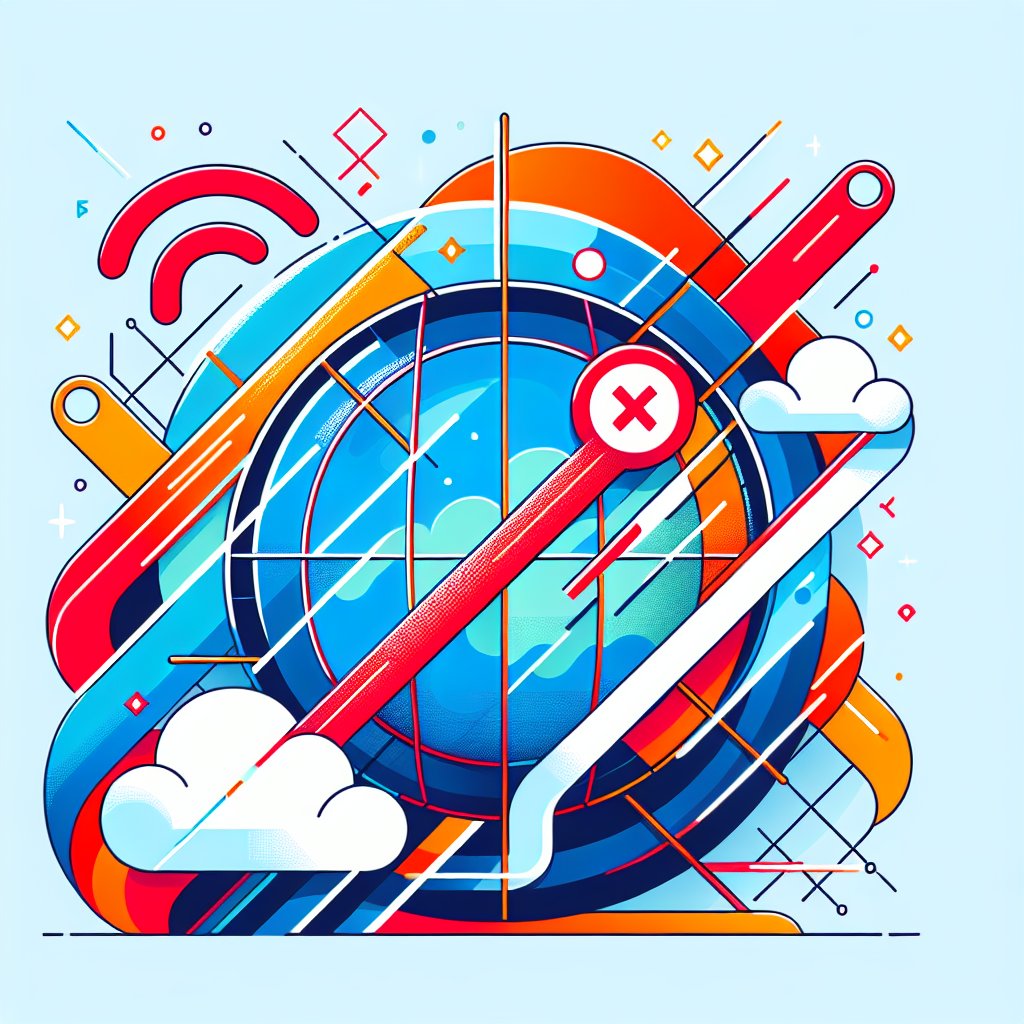Hey, it's Ryan here. Let’s talk about Cloudflare and why people freak out when it goes down. I mean, it’s a big deal, but also not always for the reasons you might think.
What Exactly Is Cloudflare?
Alright, let’s get this out of the way first. Cloudflare isn’t some mystical force that holds the internet together, though it sometimes feels like it. Essentially, it’s a company that provides a bunch of services to make websites load faster and keep them secure. If you’re a website owner, you probably use Cloudflare without even thinking about it. They offer content delivery network (CDN) services, DDoS protection, and even some security solutions.
But here’s what really matters: Cloudflare sits between your computer and a website’s server. Think of it like a bouncer at a club. It lets the good data through and keeps the bad stuff (like hackers) out. So, when Cloudflare goes down, it’s not just some random tech issue—it’s like the bouncer taking a lunch break and leaving the door wide open.
Why Does Cloudflare Going Down Send Everyone into a Panic?
When Cloudflare is down, a chunk of the internet feels it. Why? Because so many sites rely on them. And no, it’s not just small blogs or obscure sites. We’re talking major players like Uber, Discord, and even some government websites. It's kind of a big deal.
Think of a Cloudflare outage like a power cut in a major city. Everything that depends on it grinds to a halt. Websites don’t load, apps don’t work, and everyone starts tweeting about it because, well, Twitter is where we all go to vent, right?
Is It Really That Bad When Cloudflare Has a Problem?
To be fair, yeah, it kind of is. But not always for the reasons you’d expect. Sure, there’s the inconvenience when your favorite meme site is down, but think bigger. Businesses rely on these services for transactions, communications, and more. Imagine an e-commerce site not being able to handle payments during a sale—ouch.
Here’s the kicker: Even if Cloudflare itself is up, any issue with their DNS services can make it seem like the whole internet is broken. DNS is like the address book of the internet, and if it doesn’t work, you can’t find anything. So, when that part of Cloudflare goes down, good luck finding your way around online.
So, How Do We Deal With Cloudflare Outages?
Honestly? The best approach is probably to chill. Websites usually come back up as soon as Cloudflare sorts out the issue. But there are some steps you can take if you’re a website owner or just really keen on being prepared:
1. Stay Informed
Sign up for Cloudflare’s status updates. They’re pretty transparent about issues, and having the info straight from the source beats playing the guess-and-rumor game on social media.
2. Diversify
If you’re running a site, consider using multiple CDNs. This might not be feasible for everyone, but having a backup can keep things running smoothly during an outage.
3. Back to Basics
For regular folks, understanding how the internet works can ease that feeling of helplessness. Knowing that a DNS issue is temporary can help you hold off on smashing your router in frustration.
What Can Cloudflare Do Better?
I’ve got to hand it to Cloudflare—they’re rockstars most of the time. But like anyone, they’ve got room for improvement. Maybe better redundancy in their systems or faster communication during outages. Here’s hoping!
Wrapping Up My Thoughts
Look, Cloudflare outages are annoying. They highlight how dependent we are on a handful of companies to keep the lights on across the web. But, let’s not lose our heads. These outages are usually resolved quickly, and honestly, they remind us to appreciate those “bouncers” who keep our digital world running smoothly, even if they sometimes need a breather.
So, next time Cloudflare goes down, grab a coffee, tweet about it, and know that the internet will survive. Somehow, it always does.
- Ryan Pate

